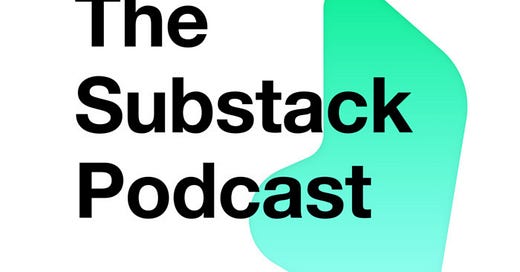This week, I spoke to Matt Taibbi, contributing editor to Rolling Stone, journalistic heir to Hunter S. Thompson, and author of serial novel The Business Secrets of Drug Dealing: Adventures of the Unidentified Black Male (published on Substack).
I started the discussion by asking Taibbi about his views of the current state of the dopamine-driven attention economy, where loudmouths and outrage merchants are outcompeting journalists to drive popular narratives. “You’re just constantly checking and checking and checking, and it’s this anxiety generating behavior pattern that pushes people to places that they’ve never been before in the media.”
Indeed, in late 2017 Taibbi was caught up in a social media-driven storm that tainted his reputation. After some satirical and highly objectionable passages from a 2000 book Taibbi co-authored with Mark Ames in Russia were circulated on Twitter, Taibbi was branded a misogynist and lumped in with Harvey Weinstein as a #MeToo offender. While Taibbi’s former female colleagues have defended him and some publications have issued corrections, the damage was done. Taibbi discusses the fall-out and his regrets at length in this interview.
“Once the genie’s out of the bottle, it just never goes back in. And once something’s on the internet, it’s like a social disease—it just never goes away. It was a devastating experience and it was also a very chastening experience.”
Taibbi has continued to write for the Rolling Stone, building on his reputation as a reporter who excoriates political grift, shines a light on America’s darkest policies, and holds Big Finance to account (he famously described Goldman Sachs as “a great vampire squid wrapped around the face of humanity”). Here, he talks about his career, how he sees the mission of the journalist, and his fears about the slippery slope of state-sponsored censorship. He also tells the behind-the-scenes story of what really happened to Racket, the Pierre Omidyar-funded publication that never was.
Taibbi is one of the most fascinating figures in contemporary American media and this interview is packed with personal reflection, insight, and little flecks of optimism. I hope you’ll find it worthwhile.
—Hamish













Share this post